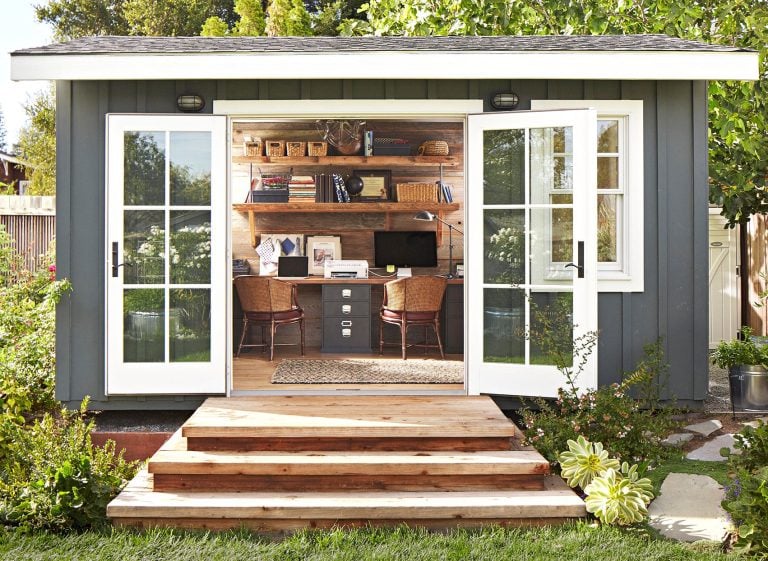The Dos and Don’ts of Moving: Common Mistakes To Avoid for a Better Experience

Table of Contents
Moving homes can be stressful and chaotic. Many things can go wrong with all the boxes, furniture, and planning involved. But you can avoid headaches and problems if you know what to do – and what not to do.
Follow our important “dos” and “don’ts” as you plan your move. This will help make sure your stuff and your sanity make it safely to your new home.
If you focus on key moves ahead of time, you can dodge common issues and moving day will go smoothly instead of being a mess. Paying attention to details makes a tough job much easier – It prevents those “pitfalls” that ruin moves.
The bottom line: Plan smart with this list. Then you can steer clear of disasters during your move and just focus on the excitement of your new place!
Dos of Moving
Do Research Moving Companies Thoroughly
Not all moving companies or staff take equal care with precious possessions. Vet several options through sites like Muval to compare removalists in your area. Additionally, when the journey involves relocating across the country, choosing a moving company that specializes in long-distance moves becomes even more crucial. United Regions Van Lines offers comprehensive services tailored for such significant relocations, ensuring your belongings are handled with the utmost care.
Do Create a Master Moving Checklist
Construct an expansive task checklist 2-3 months prior to consolidate all required moving to-dos in one place.
Catalog essentials like scheduling utility activations, securing moving vehicles, packing timeline creation and more.
Break intimidating activities into smaller incremental check-in milestones. Monitoring progress delivers motivation boosts as completion nears, ensuring that you are feeling accomplished.
Do Declutter
Leverage the moving opportunity to purge unnecessary home goods, not only will it make moving easier, but decluttering also has mental health benefits.
Be ruthlessly minimalist by evaluating each item against strict criteria – discard things unused in over a year lacking deep sentimental value or utility.
You can even hold garage sales to profit from select pieces. Fewer items equal less moving stress. Plus you benefit from cracking open space to better enjoy special belongings your new home.
Do Strategically Label All Packed Boxes
Meticulous packing systems prevent frustrating searches during unpacking chaos.
After categorising possessions by room, number standard boxes sequentially then utilize color-coded sticky labels indicating specifics like “Master Bath Items” or “Kitchen Appliances.”
Loading the truck becomes a structured puzzle sequence instead of a disorganised disaster. Recording inventories also helps with potential insurance claims.
Don’ts of Moving
Don’t Delay Time-Sensitive Preparations
Pushing essential moving tasks down the line risks missing deadlines and scrambling last minute.
File official address changes several weeks early, gradually checkoff room packing checklists and arrange kid/pet travel arrangements ahead of final departure date.
Following structured timelines prevents feeling you from feeling overwhelmed. Studies have shown that procrastinating increases existing stress, so make sure to follow your plan and stop putting things off until tomorrow!
Don’t Assume Adequate Insurance Coverage
Despite best packing practices, possessions sustain damage or get lost while in transit more frequently than you’d expect.
Verify current homeowners/renters policies cover moving mishaps – many exclude this without supplemental coverage purchased.
Also scrutinise proposed movers’ basic protection plans – expensive items often have claim limits. We also urge you to explore added insurance to buffer exposure.
Don’t Forget Change of Address Notifications
Amidst the moving chaos, vital address updates slip through cracks, compromising access to funds or benefits.
Create master contact list for all critical parties requiring change notifications like banks, doctors etc. Set calendar reminders for submitting forms and follow-up verifications multiple weeks prior to lock-in uninterrupted service.
Don’t Neglect First Night Survival Supplies
Optimize first night comfort by packing a dedicated “open first” box labeled for immediate access upon early moving arrival.
Fill with basic essentials like paper towels, box cutters, toilet paper, snacks, phone chargers and medications to sidestep frustration searching before the dust settles. Having a survival kit eases transition stress so that you can move more comforatble.
Additional Dos and Don’ts
Do Handle Fragile Items with Care
Prevent shipping damage of delicate belongings by individually wrapping fragile sculptures, electronics, crystal ware and heirlooms using ample cushioning materials.
Clearly label as “Delicate” with requests for special handling precautions. For irreplaceable pieces, explore covering as carry items rather than trusting to movers.
Do Document Possessions
Maintain detailed photo/description inventories of valuables ahead of packing as well as upon unpacking items in the new residence.
This safeguards against lost possessions while also providing robust documentation should damaged item insurance claims emerge – establishing this chain of custody tightens accountability.
Don’t Ignore Weather Forecasts on Moving Day
Check long-range weather forecasts daily as moving date approaches.
Severe storms, heavy snow or extreme temperatures can each separately derail tight transport timelines.
Knowing potential issues allows smoothing delays by packing vehicles strategically or adjusting loading staff numbers as warranted. Planning for weather minimises disruption.
Final Thoughts
With focus, a methodical approach and support systems providing oversight, the transition to your new home base should proceed (relatively) seamlessly.
Stay confident by leaning on these tips and soon you’ll comfortably call your new house a cherished home. For more, see our tips on how to make your move stress free.






